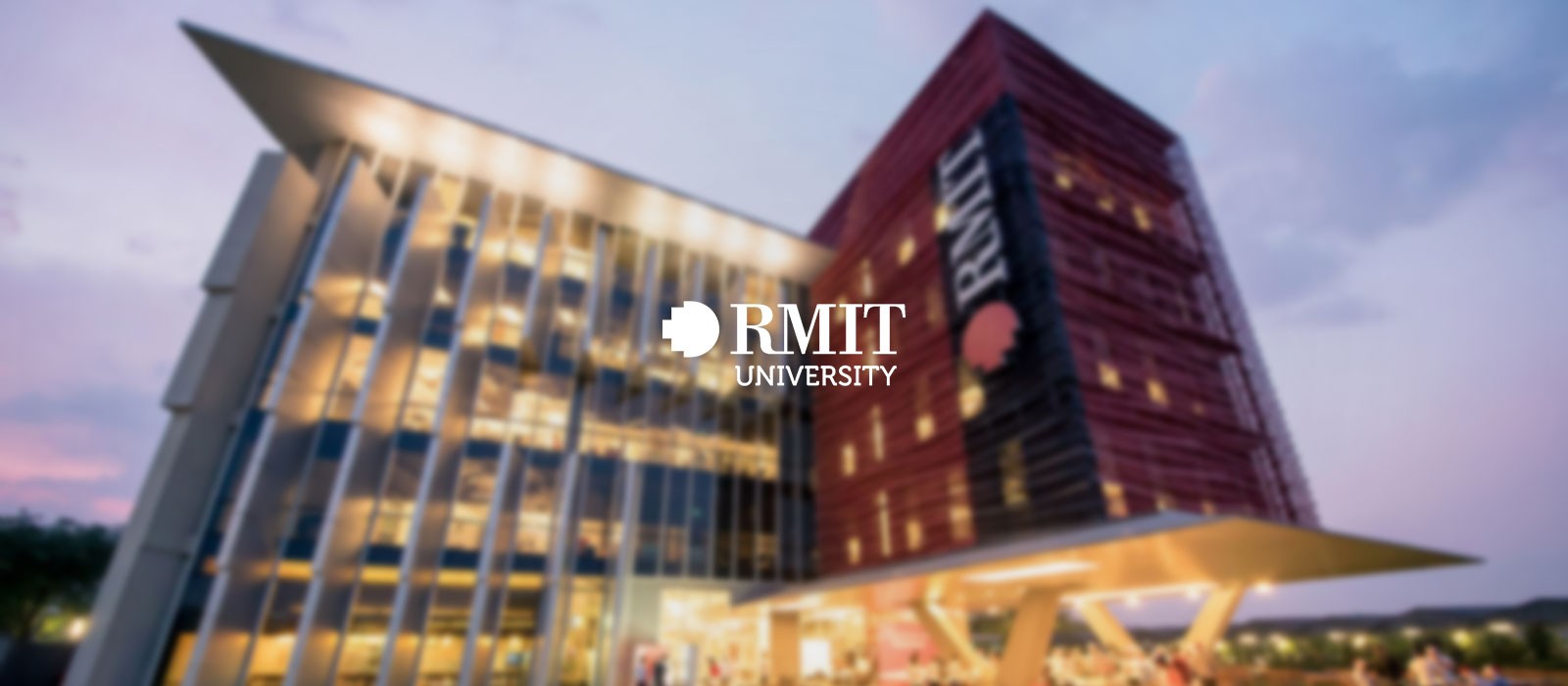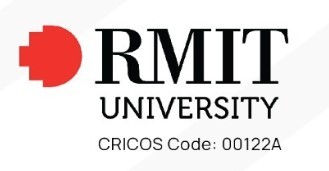
Master of Energy Efficient and Sustainable Building


Overview
Duration
FULL-TIME 2 YEARS
FULL-TIME 2 YEARS
Scholarship
YES
YES
Fee
AU$44,160
AU$44,160
Intake
FEBRUARY, JULY
FEBRUARY, JULY
Overview
- Advance your knowledge and technical skills to deliver energy efficient and sustainable buildings through a comprehensive understanding of the context, principles and practice of environmentally sustainable design.
- In an increasingly urbanised world, shifting environmental priorities have placed sustainability in the spotlight.
- A widening skills gap across industry means the demand for skilled professionals in energy efficient and sustainable building practices is on the rise.
- In response to this industry demand, this degree will provide you with the essential skills and theory to design, develop and implement solutions for new and retrofitted buildings and sustainable built environment.
- Your studies will prepare you to navigate the complex and rapidly changing environment of industry issues, trends, and economic and sustainability policies. You will get hands-on experience in sustainability assessment tools and software used in the design and planning process.
- You will enhance your abilities to professionally communicate complex sustainability strategies and engage effectively within interdisciplinary teams to drive project outcomes and improve sustainability practice.
- You will graduate with specialist knowledge of sustainable building design and technologies, building energy and climate engineering, and the management of sustainable building projects.
Inquire Now
Career
- Work as an executive-level manager, designer or engineer on energy efficient and sustainable building projects and developments.
- Work in the public and private sectors as environmental sustainability officers, capital project managers, sustainability coordinators, facilities management officers and assets managers.
- Apply technical design and project management expertise across specialist areas including:
- environmentally sustainable design (ESD)
- building sustainability assessment
- facilities management
- energy management
- sustainable construction management
- building energy engineering
- facade engineering
- building physics
- building services engineering.
- The skills you learn in your master's degree will also equip you to work in engineering consultancy, architectural design, building equipment manufacturing, property and infrastructure development, and other sectors related to the built environment.
Entry requirement
- To study this course you will need to complete one of the following English proficiency tests:
- IELTS (Academic): minimum overall band of 6.5 (with no individual band below 6.0)
- TOEFL (Internet Based Test - IBT): minimum overall score of 79 (with minimum of 13 in Reading, 12 in Listening, 18 in Speaking and 21 in Writing)
- Pearson Test of English (Academic) (PTE (A)): minimum score of 58 (with no communication band less than 50)
- Cambridge English: Advanced (CAE): minimum of 176 with no less than 169 in any component.
Popular Courses
Start your journey with landmark today!
Find your perfect course
Answer a few questions and
our course matcher will do the rest
Head Office
Level 5, IT Plaza
Kamaladi, Kathmandu
Tel: +977 14542781, 9845566225
E-mail: info@landmarkedu.com
Kamaladi, Kathmandu
Tel: +977 14542781, 9845566225
E-mail: info@landmarkedu.com
Sydney office
Suite 1 Level 1,
46 Macquarie Street,
Parramatta, NSW
Tel: +61 415 122 814
46 Macquarie Street,
Parramatta, NSW
Tel: +61 415 122 814
Branch office
Sahidchowk, Chitwan
Tel: 056-590825
Tel: 056-590825
Mahendrachowk, Biratnagar
Tel: 021-590828
Tel: 021-590828
Level 2, Milanchowk, Butwal, Rupandehi
Tel: 977-71-591694
Tel: 977-71-591694
© Landmark Education. All rights reserved.


